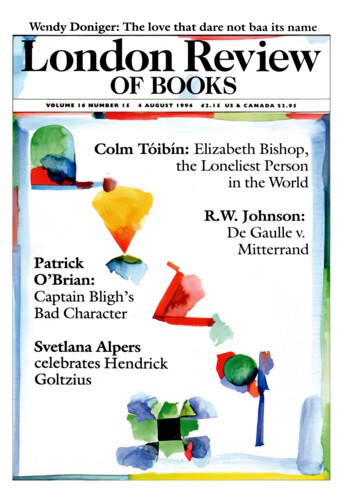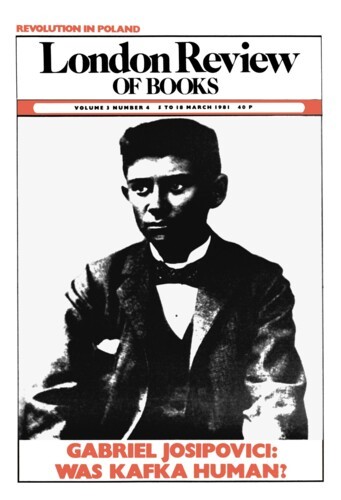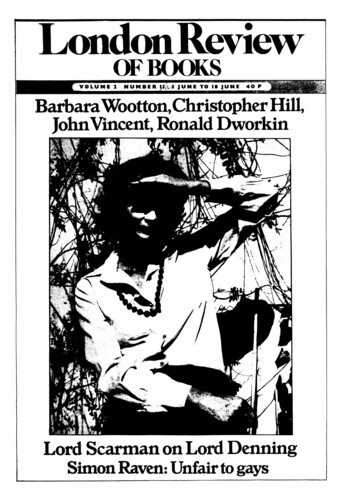Rudolf Peierls
Rudolf Peierls is a Fellow of the a Royal Society and Emeritus Fellow of New College, Oxford. He is the author of Quantum Theory of Solids and Laws of Nature.
Counting weapons
Rudolf Peierls, 5 March 1981
Nuclear weapons, and the knowledge of the horrors they are capable of producing, have been with us for 35 years. We might be tempted to let familiarity blunt the impact of these facts on our mind, were it not so frequently refreshed by news of ever more powerful weapons, ever-increasing numbers in the stockpiles, and ever more efficient means of delivering them to their targets. Any future nuclear attack could be, and probably will be, enormously more devastating than those experienced in the unfortunate cities of Hiroshima and Nagasaki. Fortunately, the danger of this happening is very much reduced by the ‘balance of terror’: by the fact that the United States and the Soviet Union both possess these weapons in profusion, so that any nuclear attack on either country or on their allies must expect a reply in kind. In this kind of nuclear war there can be no victors.
War and Peace
19 June 1980
Nuclear Family
Rudolf Peierls, 19 June 1980
The most striking thing about this book is how well it is written. Each word is right for its place, the images are apt, and the quotations expressive. In explaining that his style is not that of the social scientists, the author says: ‘The methodology of this book is literary rather than analytical. This is the result of my upbringing and background.’ The outcome is a work which it is a pleasure to read, even in places where one cannot agree. For believers in the ‘Two Cultures’, this writing by a scientist would be hard to classify.
Pieces about Rudolf Peierls in the LRB
Fear and Loathing in Los Alamos
John Ziman, 4 September 1986
If a speaker at one of his seminars began to explain how he had come by his ideas, the great Russian theoretical physicist L.D. Landau would stop him with disdain: ‘That is only an item for...
Read anywhere with the London Review of Books app, available now from the App Store for Apple devices, Google Play for Android devices and Amazon for your Kindle Fire.
Sign up to our newsletter
For highlights from the latest issue, our archive and the blog, as well as news, events and exclusive promotions.



